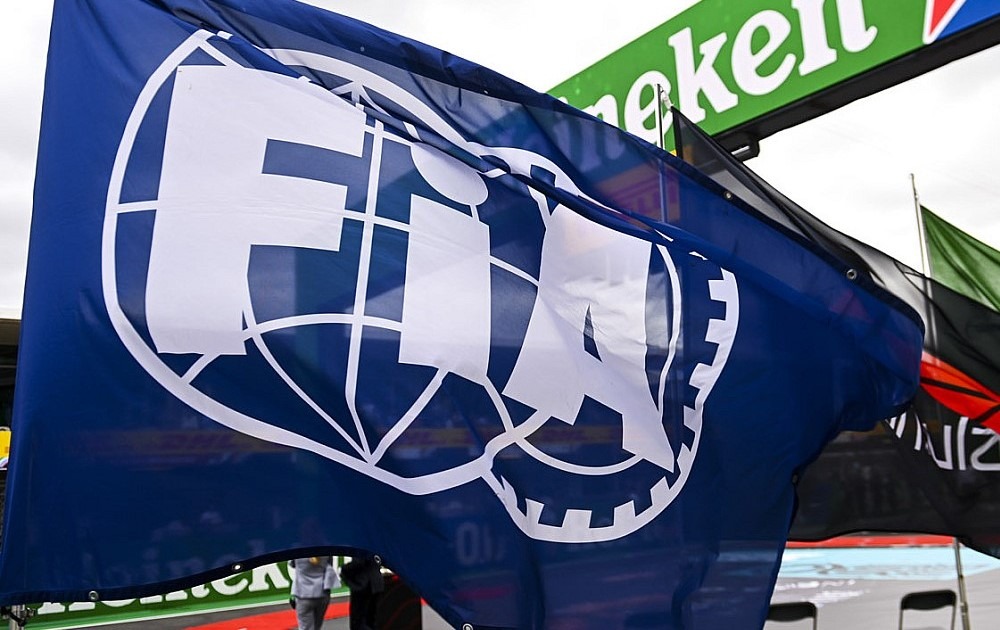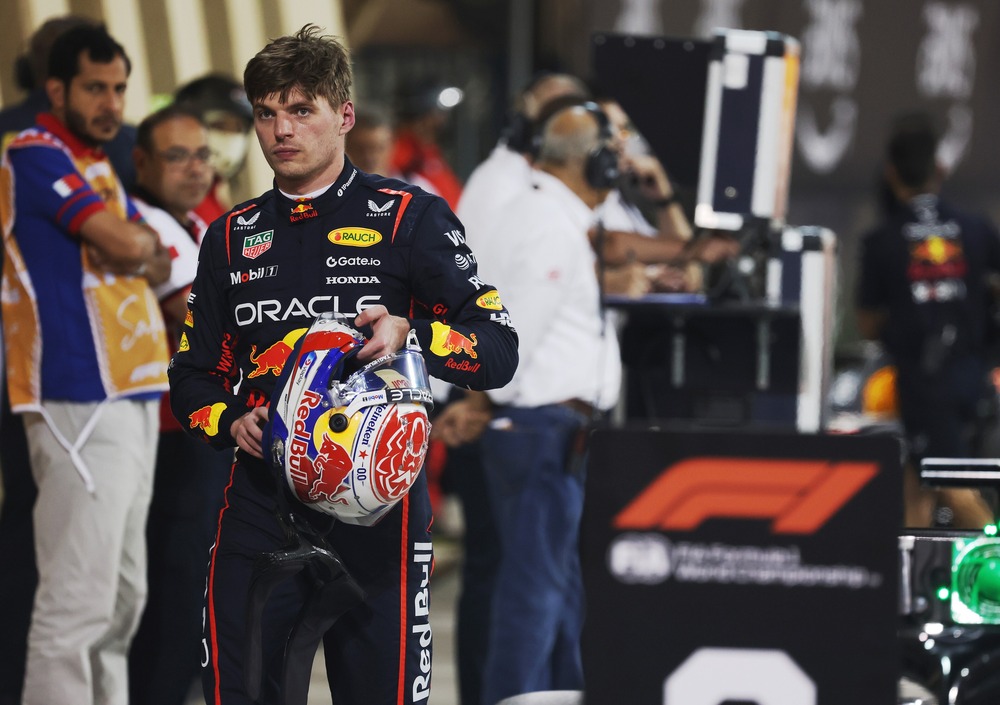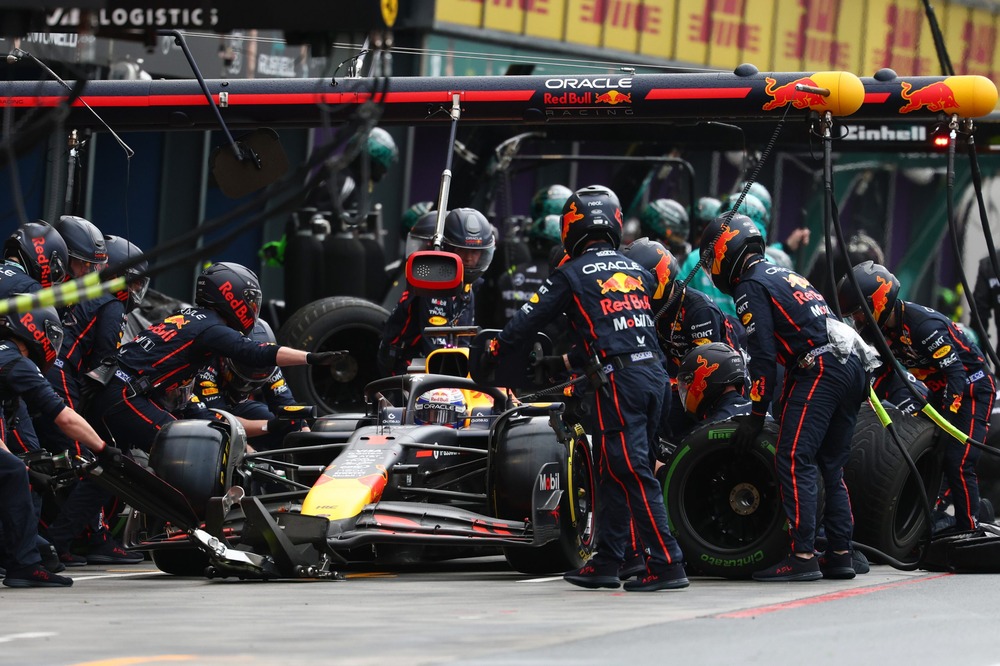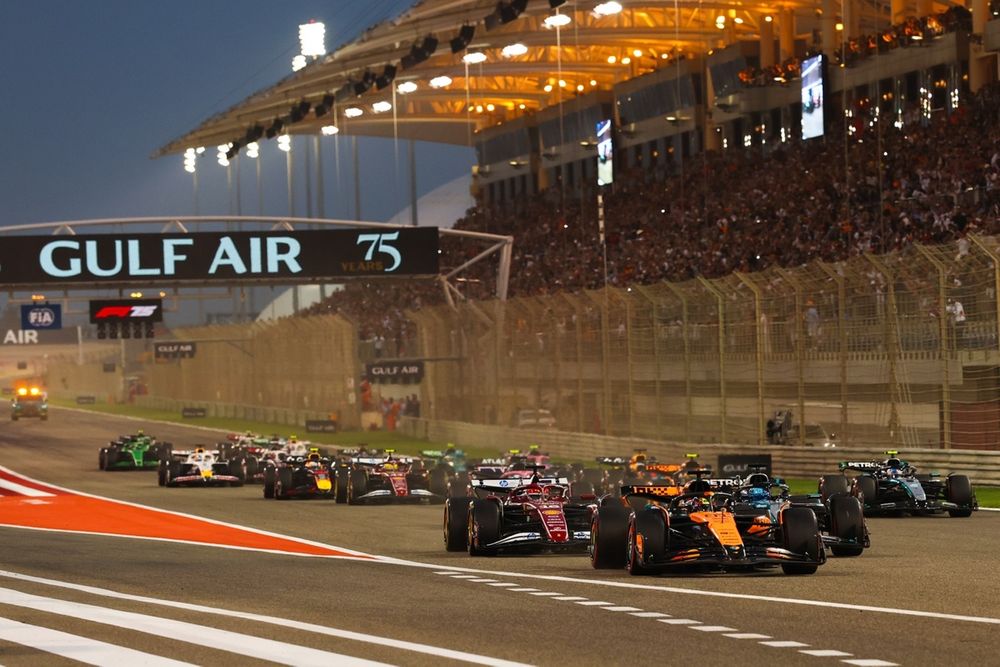The FIA has expanded the scope of engagement of its rules against misconduct, which has been applied more and more in the sport.
The Formula 1 governing body, the FIA, has updated some sections of its International Sporting Code and added new restrictions. All national and international motorsport competitions that are governed by the code are guided by the fundamental principles and procedures that serve as their foundation.
A few changes in the most recent version of the regulations, which takes effect on January 1st, 2024, are going to impact Formula 1 and other major championships.
The controversial article 12.2.1 (k), which previously prohibited “any misconduct by participants to officials, officers or member of FIA staff, organizers or promoters and doping control officials among others”, has undergone a significant change.
Article 12.2.1 (k) has been referenced on multiple occasions in Formula 1 over the last three seasons, although it is distinct from article 12.2.1 (f), which prohibits “any words, deeds or writings that have caused moral injury or loss to the FIA, its bodies, its members or its executive officers”.
The stewards issued Red Bull team principal Christian Horner an official warning after Max Verstappen lost his best qualifying time at the 2021 Qatar Grand Prix due to a yellow flag infringement. Horner was found to have violated both articles by making comments to the media that blamed the penalty on a ‘rogue marshal’.
In a seperate incident, Haas team principal Guenther Steiner faced a reprimand for violating the “misconduct” article earlier this year after driver Nico Hulkenberg was penalized for a reckless move on Logan Sargeant during the opening lap of the Monaco Grand Prix. The following weekend in Barcelona, Steiner criticized the stewards’ decision and was cited for labelling them ‘laymen’.
Sergio Perez was given a formal warning by the stewards following the 2023 Abu Dhabi Grand Prix season finale. It was determined that he had made ‘comments that amounted to personal insults’ towards the stewards on team radio after the race because he was upset about receiving a time penalty for an incident with Lando Norris late in the race. Perez was cited once more for violating misconduct article 12.2.1 (k).
Even so, article 12.2.1 (k) of the 2024 edition of the International Sporting Code now only states that any misconduct will be considered a violation of the rule, eliminating any particulars regarding officials, organizers, promoters and other individuals.
“Any Misconduct towards, but not limited to: licence-holders, officials, officers or member of the staff of the FIA, members of the staff of the Organiser or promoter, members of the staff of the Competitors, suppliers of products or services to (or contractors or subcontractors to) any of the parties listed above; doping control officials or any other person involved in a doping control carried out in accordance with Appendix A.”
The maximum fine that the FIA’s stewards can impose on rivals as retribution for breaking regulations has also been raised. Formula 1’s maximum fine, which was previously set at €250,000 (£215,487), will now increase by fourfold to €1 million (£862,393).
The maximum fine for other world championships, like Formula E, the World Endurance Championship or the World Rally Championship, has tripled to €750,000 (£646,777), while the maximum fine for FIA championships, like Formula 2 and Formula 3, will double to €500,000 (£431,330).
Following controversial incidents in which spectators made use of flares in the grandstands during the Austrian and Dutch Grands Prix in recent years, it is forbidden for spectators and competitors to “possess or use pyrotechnic products at FIA competitions, which are defined as including but not limited to flares, smoke bombs and fireworks unless authorised in writing by the FIA.”
The clause, which will be enforced under the new article 12.2.1 (p), is probably going to make flares illegal for use in grand prix events starting in 2024.
Additional rule changes include, competitors in FIA events now have 96 hours instead of 14 calendar days to file a request for a Right to Review after the competition concludes.
Another change is all esports events hosted by the governing body are now formally subject to the International Sporting Code.






